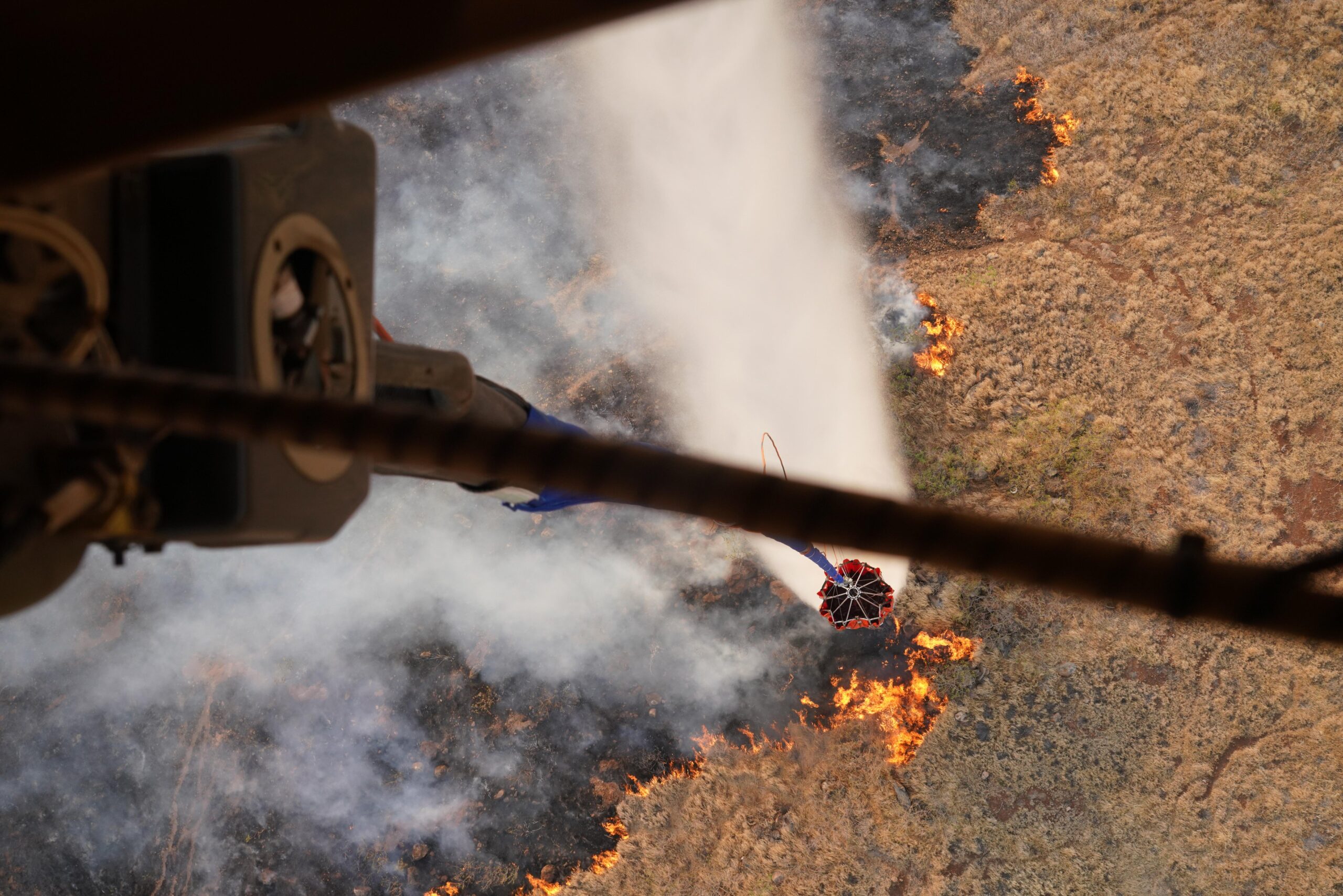Hawaii wildfires: What will recovery look like?
4 p.m. EDT / 3 p.m. CDT / 10 a.m. HST

Deadly wildfires swept across several islands in Hawaii (Hawaiian: Hawai‘i), bringing widespread devastation, especially in the town of Lahaina on Maui. The fires were fueled by Hurricane Dora, which passed offshore but brought strong winds to Maui and Big Island.
Lahaina was home to 12,000 people and dozens of historic buildings dating back to the 1700s. The town is particularly important for Native Hawaiians as a cultural and political center, and it is also a significant tourist destination, hosting much of the economic engine of western Maui. Lahaina’s historic Front Street, home to bars, stores, restaurants and the largest banyan tree in the U.S., was decimated by fire.
The Center for Disaster Philanthropy hosted a webinar to address the urgent and long-term needs of communities affected by the wildfires. Panelists discussed the unique nature of island recovery, including Hawaii’s ecology; the impact of losing such a critical cultural, political and economic engine; and lessons learned from wildfire recovery in other communities.
Sally Ray, CDP director of domestic funds, moderated the discussion and panelists included:
- Kaimana Brummel, Director Of Advancement, Seabury Hall
- Malia Purdy, Executive Director, Hui No Ke Ola Pono
- Nicholas R. Winfrey, President and Chief Professional Officer, Maui United Way
- Gina Zottola, Vice President, Advancement & Philanthropic Innovation, Humboldt Area Foundation
This webinar was co-sponsored by Philanthropy Northwest, Funder Hui, The Funders Network, United Philanthropy Forum, Giving Compass, Philanthropy California, Council on Foundations and Philanthropy New York.
Please see the slide deck and watch the webinar recording to learn more:
Resources mentioned during the webinar
General resources and articles
- CDP North American Wildfires disaster profile
- CDP Wildfires issue insight
- U.S. Department of Health and Human Services
- The Washington Post article Kaimana referenced and is quoted in
- Maui Funder Briefing Aug. 17 recording
Volunteer resources
- Volunteer form
- Volunteer list for trauma response resources from Hawaii
Upcoming events
- Tuesday, Aug. 22 at 2 p.m. MDT: a forum focused on identifying research needs and priorities, discussing ethical considerations, and learning about the early effects of this disaster. Register here.
- Funder Hui hosts weekly briefing calls on Fridays at 8 a.m. HST. Register here.
Organizations and funds
- ALICE
- Maui Rapid Response
- Maui Strong Fund
- CDP Hawaii Wildfires Recovery Fund
- A crowd sourced list of opportunities to fund.
- Maui United Way